What are you looking for at Aqrani library?
-
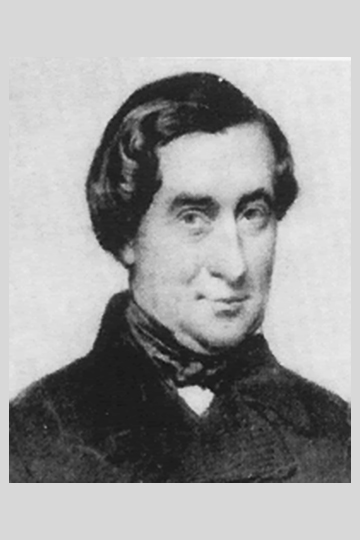
Jean-Henri Burgaud des Ma...
Jean-Henri Burgaud des Marets, was born November 2, 1806 in Jarnac (Charente) and died October 6, 1873 in Paris, is a linguist and author of Saintongeaise expression. He approached with talent and success various literary genres, but it is above all his studies on dialects and patois that made him famous. He did his secondary studies at the college of Bordeaux and received a bachelor's degree in 1824. He left to study law in Paris and obtained his degree in 1829. In 1830, he was admitted to the Paris Bar, where his name would appear for 40 years. He then embarked on the study of languages, idioms and dialects while preparing his doctoral thesis in law, which he successfully defended in 1837. Living in Paris, he regularly returned, usually at harvest time, to Jarnac, where he liked to rediscover his roots, particularly by talking with the peasants whose language mixed the words of the langue d'oïl with those of French, this allowed him to fix the Saintongeais dialect which he sensed was disappearing.
-

Jeanne Sylvie Mallès de B...
Jeanne Sophie Mallès de Beaulieu Jeanne Sophie Guillemaut de Beaulieu, wife Mallès, born January 19, 1760 in Lorient (Morbihan), died April 26, 1825 in Nontron (Dordogne), is a French writer. She made herself known through moral writings intended for the instruction of youth.
-
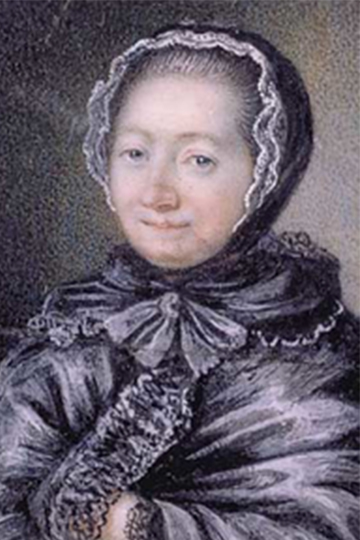
Jeanne-Marie Leprince de ...
Jeanne-Marie Leprince de Beaumont, (26 April 1711 – 8 September 1780) was a French author who wrote the best known version of Beauty and the Beast. Her third husband was the French spy Thomas Pichon (1757–1760). She was born in 1711 in Rouen, the daughter of Marie-Barbe Plantart and Jean-Baptiste Le Prince, and died in 1780.
-
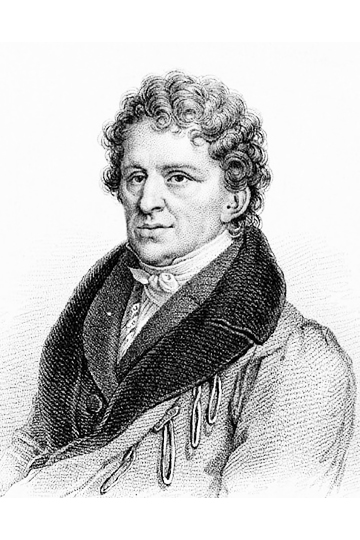
Jean-Nicolas Bouilly
Jean-Nicolas Bouilly (24 January 1763 – 14 April 1842) was a French playwright, librettist, children's writer, and politician of the French Revolution. He is best known for writing a libretto, supposedly based on a true story, about a woman who disguises herself as a man to rescue her husband from prison, which formed the basis of Beethoven's opera Fidelio as well as a number of other operas. Bouilly was born near Tours, and was briefly a lawyer for the Parlement de Paris. At the outbreak of the Revolution he held office under the new government and was head of the military commission in Tours during the Reign of Terror.In 1795, he served as a member of the Committee of Public Instruction having a considerable share in the organization of primary education, but retired from public life four years later in order to devote himself to literature. Bouilly died in Paris.
-
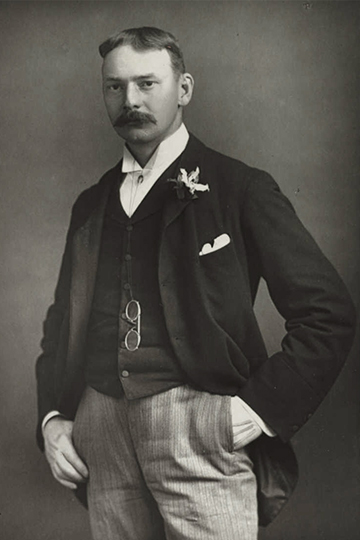
Jerome Klapka Jerome
Jerome Klapka Jerome (2 May 1859 – 14 June 1927) was an English writer and humourist, best known for the comic travelogue Three Men in a Boat (1889).Other works include the essay collections Idle Thoughts of an Idle Fellow (1886) and Second Thoughts of an Idle Fellow, Three Men on the Bummel, a sequel to Three Men in a Boat, and several other novels. The young Jerome attended St Marylebone Grammar School. He wished to go into politics or be a man of letters, but the death of his father when Jerome was 13 and of his mother when he was 15 forced him to quit his studies and find work to support himself. He was employed at the London and North Western Railway, initially collecting coal that fell along the railway, and he remained there for four years. Jerome was inspired by his older sister Blandina's love for the theatre, and he decided to try his hand at acting in 1877, under the stage name Harold Crichton. He joined a repertory troupe that produced plays on a shoestring budget, often drawing on the actors' own meagre resources – Jerome was penniless at the time – to purchase costumes and props. After three years on the road with no evident success, the 21-year-old Jerome decided that he had enough of stage life and sought other occupations. He tried to become a journalist, writing essays, satires, and short stories, but most of these were rejected. Over the next few years, he was a school teacher, a packer, and a solicitor's clerk. Finally, in 1885, he had some success with On the Stage – and Off (1885), a comic memoir of his experiences with the acting troupe, followed by Idle Thoughts of an Idle Fellow (1886).
-
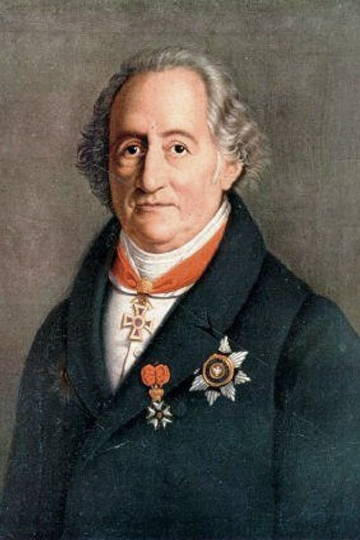
Johann Wolfgang von Goeth...
Johann Wolfgang von Goethe (28 August 1749 – 22 March 1832) was a German writer and statesman. His works include: four novels, epic and lyric poetry, prose and verse dramas, memoirs, an autobiography, literary and aesthetic criticism, and treatises on botany, anatomy, and colour. In addition, numerous literary and scientific fragments, more than 10,000 letters, and nearly 3,000 drawings by him have survived. He is considered the greatest German literary figure of the modern era.A literary celebrity by the age of 25, Goethe was ennobled by the Duke of Saxe-Weimar, Karl August, in 1782 after taking up residence in Weimar in November 1775 following the success of his first novel, The Sorrows of Young Werther (1774). He was an early participant in the Sturm und Drang literary movement. During his first ten years in Weimar, Goethe became a member of the Duke's privy council, sat on the war and highway commissions, oversaw the reopening of silver mines in nearby Ilmenau, and implemented a series of administrative reforms at the University of Jena. He also contributed to the planning of Weimar's botanical park and the rebuilding of its Ducal Palace.Goethe's first major scientific work, the Metamorphosis of Plants, was published after he returned from a 1788 tour of Italy. In 1791 he was made managing director of the theatre at Weimar, and in 1794 he began a friendship with the dramatist, historian, and philosopher Friedrich Schiller, whose plays he premiered until Schiller's death in 1805. During this period Goethe published his second novel, Wilhelm Meister's Apprenticeship, the verse epic Hermann and Dorothea, and, in 1808, the first part of his most celebrated drama, Faust. His conversations and various shared undertakings throughout the 1790s with Schiller, Johann Gottlieb Fichte, Johann Gottfried Herder, Alexander von Humboldt, Wilhelm von Humboldt, and August and Friedrich Schlegel have come to be collectively termed Weimar Classicism.The German philosopher Arthur Schopenhauer named Wilhelm Meister's Apprenticeship one of the four greatest novels ever written, while the American philosopher and essayist Ralph Waldo Emerson selected Goethe as one of six "representative men" in his work of the same name (along with Plato, Emanuel Swedenborg, Montaigne, Napoleon, and Shakespeare). Goethe's comments and observations form the basis of several biographical works, notably Johann Peter Eckermann's Conversations with Goethe (1836).
-
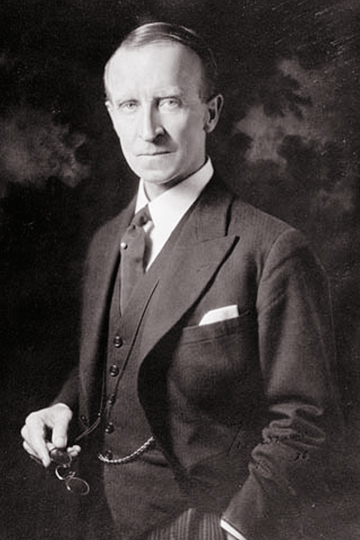
John Buchan
John Buchan, 1st Baron Tweedsmuir GCMG GCVO CH PC DL (26 August 1875 – 11 February 1940) was a Scottish novelist, historian, and Unionist politician who served as Governor General of Canada, the 15th since Canadian Confederation.After a brief legal career, Buchan simultaneously began his writing career and his political and diplomatic careers, serving as a private secretary to the administrator of various colonies in southern Africa. He eventually wrote propaganda for the British war effort during World War I. He was elected Member of Parliament for the Combined Scottish Universities in 1927, but he spent most of his time on his writing career, notably writing The Thirty-Nine Steps and other adventure fiction.In 1935, King George V, on the advice of Prime Minister R. B. Bennett, appointed Buchan to replace the Earl of Bessborough as Governor General of Canada, for which purpose Buchan was raised to the peerage. He occupied the post until his death in 1940.Buchan was enthusiastic about literacy and the development of Canadian culture, and he received a state funeral in Canada before his ashes were returned to the United Kingdom.
-
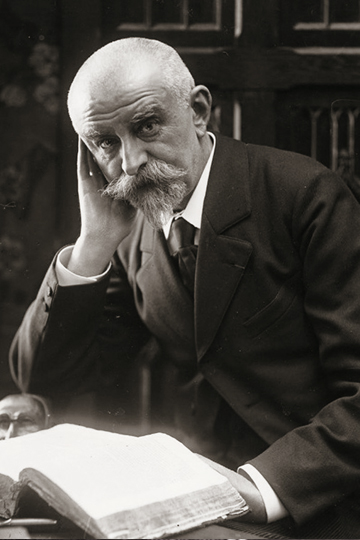
Joris Karl Huysmans
Charles-Marie-Georges Huysmans 5 February 1848 – 12 May 1907) was a French novelist and art critic who published his works as Joris-Karl Huysmans. He is most famous for the novel À rebours (1884, published in English as Against the Grain or Against Nature). He supported himself by a 30-year career in the French civil service.Huysmans' work is considered remarkable for its idiosyncratic use of the French language, large vocabulary, descriptions, satirical wit and far-ranging erudition. First considered part of Naturalism, he became associated with the decadent movement with his publication of À rebours. His work expressed his deep pessimism, which had led him to the philosophy of Arthur Schopenhauer. In later years, his novels reflected his study of Catholicism, religious conversion, and becoming an oblate. He discussed the iconography of Christian architecture at length in La cathédrale (1898), set at Chartres and with its cathedral as the focus of the book.Là-bas (1891), En route (1895) and La cathédrale (1898) are a trilogy that feature Durtal, an autobiographical character whose spiritual progress is tracked and who converts to Catholicism. In the novel that follows, L'Oblat (1903), Durtal becomes an oblate in a monastery, as Huysmans himself was in the Benedictine Abbey at Ligugé, near Poitiers, in 1901. La cathédrale was his most commercially successful work. Its profits enabled Huysmans to retire from his civil service job and live on his royalties.
-
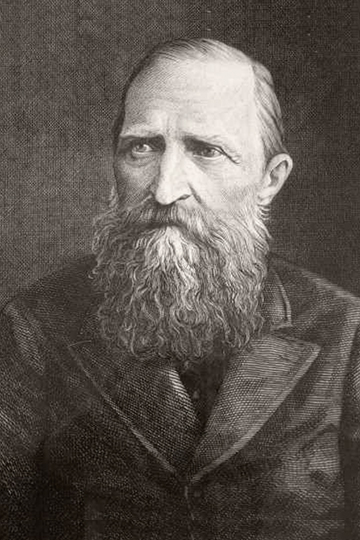
Jozef Ignacy Kraszewski
Józef Ignacy Kraszewski (28 July 1812 – 19 March 1887) was a Polish writer, publisher, historian, journalist, scholar, painter, and author who produced more than 200 novels and 150 novellas, short stories, and art reviews, which makes him the most prolific writer in the history of Polish literature and the seventh most prolific in the world.[citation needed] He is best known for his epic series on the history of Poland, comprising twenty-nine novels in seventy-nine parts.The son of a nobleman, Kraszewski studied at the University of Vilna between 1829 and 1830. He was imprisoned from 1830 to 1832 for participating in a secret patriotic organization. Banished from Congress Poland in 1863, he settled in Dresden, where he remained until 1884. Throughout his life he was active in publishing and journalism. He began publishing in 1830, gradually evolving from a romantic to a realist writer. His literary legacy consists of about 600 volumes of prose, poetry, drama, literary criticism and works on history and philosophy. A major Polish novelist, Kraszewski is known for his cycle of novels on the history of Poland (29 novels in 78 volumes).
-
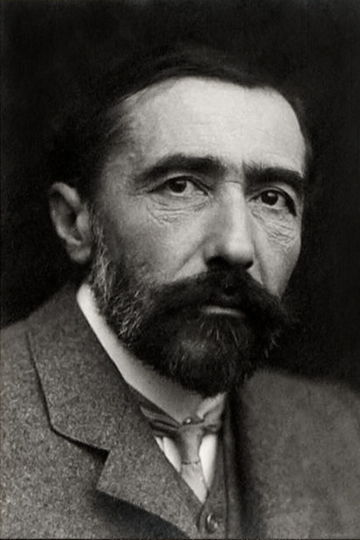
Joseph Conrad
Joseph Conrad (born Józef Teodor Konrad Korzeniowski, (December 1857 – 3 August 1924) was a Polish-British writer regarded as one of the greatest novelists to write in the English language. Though he did not speak English fluently until his twenties, he was a master prose stylist who brought a non-English sensibility into English literature. Conrad wrote stories and novels, many with a nautical setting, that depict trials of the human spirit in the midst of what he saw as an impassive, inscrutable universe. Conrad is considered an early modernist, though his works contain elements of 19th-century realism. His narrative style and anti-heroic characters, as in Lord Jim, for example, have influenced numerous authors, and many films have been adapted from, or inspired by, his works. Numerous writers and critics have commented that Conrad's fictional works, written largely in the first two decades of the 20th century, seem to have anticipated later world events.